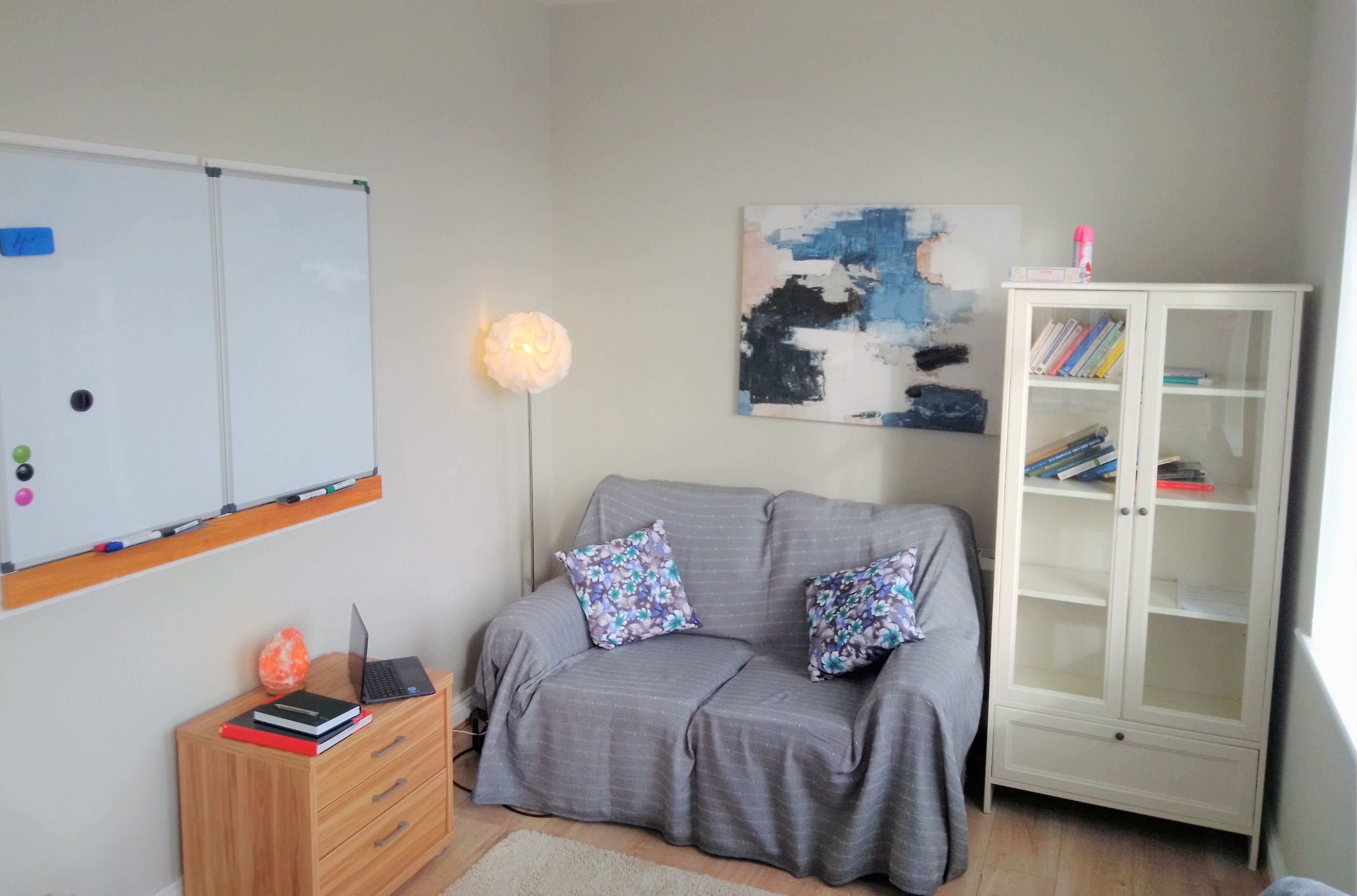

Alan Jones
Alan Jones is a graduate of the Irish College of Humanities a Science (I.C.H.A.S.) where he completed a B.A. Honours Degree in Counselling, Psychotherapy and Psychometric Testing.
Additionally, Alan has a strong interest in Psychosynthesis and his approach to work ties in with this method. Psychosynthesis is an integrative psychology that combines eastern wisdom about the self with western knowledge of the unconscious. This approach has been described as the psychology of the Self.
Areas of Study:
Cognitive Behavioural Therapy (CBT) combines cognitive and behavioural therapies. The approach focuses on thoughts, emotions, physical feelings and actions, and teaches clients how each one can have an effect on the other. CBT is useful for dealing with a number of issues, including depression, anxiety and phobias.
Existential therapy focuses on exploring the meaning of certain issues from a philosophical perspective, instead of a technique-based approach.
Gestalt therapy can be roughly translated to 'whole' and focuses on the whole of an individual's experience, including their thoughts, feelings and actions. Gaining self-awareness in the 'here and now' is a key aspect of gestalt therapy.
Person-centred therapy focuses on an individual's self-worth and values. Being valued as a person, without being judged, can help an individual to accept who they are, and reconnect with themselves.
Psychosynthesis aims to discover a higher, spiritual level of consciousness.
Reality therapy is an approach to therapy that focuses on the here and now rather than issues from the past. Developed by William Glasser in the 1960s, the theory behind the therapy is that an individual in mental distress is not suffering from a mental illness; instead, they are suffering from a socially universal human condition as they have not had their basic psychological needs met.
Also known as solution-focused brief therapy or brief therapy, this approach predominantly looks at what the individual wants to achieve rather than historical problems. Questions are asked by the therapist to help the individual uncover their own strengths and resources. Solution-focused therapy can be especially helpful to those who are goal-orientated and have a desire to change.
Transactional analysis is based on the theory that we each have three ego states: Parent, adult and child. By recognising ego-states, transactional analysis attempts to identify how individuals communicate, and how this can be changed.
Existential therapy focuses on exploring the meaning of certain issues from a philosophical perspective, instead of a technique-based approach.


